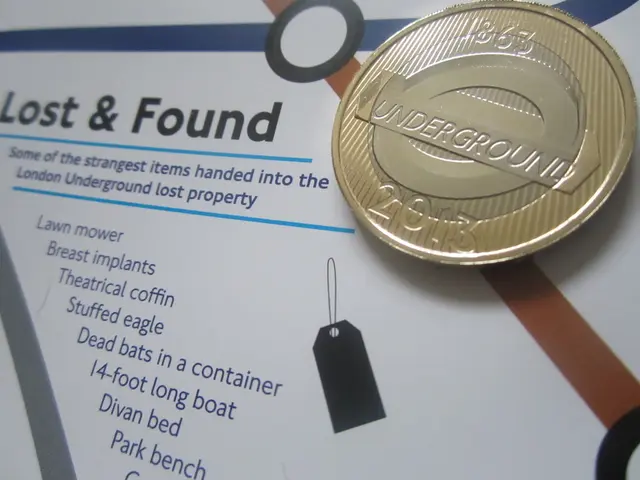Unauthorized foreign individuals apprehended for unlawful signal tapping activities
In a significant development, the National Bureau of Investigation (NBI), along with the Cybercrime Investigation Coordination Center (CICC), Bureau of Immigration, and other agencies, successfully seized high-powered IMSI catchers in Cebu City on July 28, 2025. The operation led to the arrest of two Malaysian nationals accused of illegally intercepting cellular signals and duplicating personal information without proper authorization.
The seized devices, which include laptops, raspberry pi's, antennas, and other modular setups, are cellular and data sniffers powerful enough to intercept data from networks up to 5G. This marks the first such seizure in Cebu, although similar devices had been confiscated earlier in Manila.
Under Philippine law, specifically Republic Act No. 10175 or the Cybercrime Prevention Act of 2012, unauthorized interception of electronic communications like those captured by IMSI catchers is illegal and punishable. Operating IMSI catchers without a valid license from the National Telecommunications Commission (NTC) is likewise prohibited. Charges are being prepared based on violations of this Act.
The illegal use of IMSI catchers constitutes illegal interception and duplication of personal information, violating privacy and telecommunications laws under RA 10175. The operation and possession of these devices without NTC approval are unlawful. Evidence collected through the seizure, including forensic examination of the devices, will support cybercrime charges.
Offenders face penalties that may include imprisonment, fines, or both depending on the gravity of the offense under RA 10175. Violation of the Cybercrime Prevention Act carries penalties ranging from six to 12 years imprisonment and fines of at least P200,000. In cases where critical infrastructure is targeted, penalties increase to 12 years and one day up to 20 years, with fines not less than P500,000.
NBI 7 secured a warrant to search, seize, and examine computer data (WSSECD), authorized by Judge Ramon Daomilas Jr. of the Cebu Regional Trial Court Branch 11. On Friday, Aug. 8, NBI 7 agents went to the hotel to examine the seized devices.
In light of this incident, NBI urged the public to remain vigilant against such cyber scams and report any suspicious activities or equipment to authorities. The seizure highlights the Philippines' efforts to combat cybercrime and protect digital privacy by enforcing laws against unauthorized electronic data interception and illegal use of telecommunications equipment.
[1] Republic Act No. 10175 or the Cybercrime Prevention Act of 2012. (2012). Retrieved from https://www.gov.ph/2012/09/04/republic-act-no-10175-or-the-cybercrime-prevention-act-of-2012/
[2] Department of Justice. (2025, July 29). First seizure of high-powered IMSI catchers in Cebu City. Retrieved from https://www.justice.gov.ph/news/first-seizure-of-high-powered-imsi-catchers-in-cebu-city
[3] National Telecommunications Commission. (n.d.). Licensing of IMSI Catchers. Retrieved from https://www.ntc.gov.ph/licensing-of-imsicatchers/
- Following the first seizure of high-powered IMSI catchers in Cebu City on July 28, 2025, the operation also took place in Manila earlier, according to reports.
- The seized devices, which included laptops, raspberry pi's, antennas, and other modular setups, were used to illegally intercept cellular signals and duplicate personal information in both Cebu and Manila.
- The incident in Cebu has underscored the need for increased vigilance against cyber fraud, as NBI calls on the public to report any suspicious activities or equipment to authorities.




